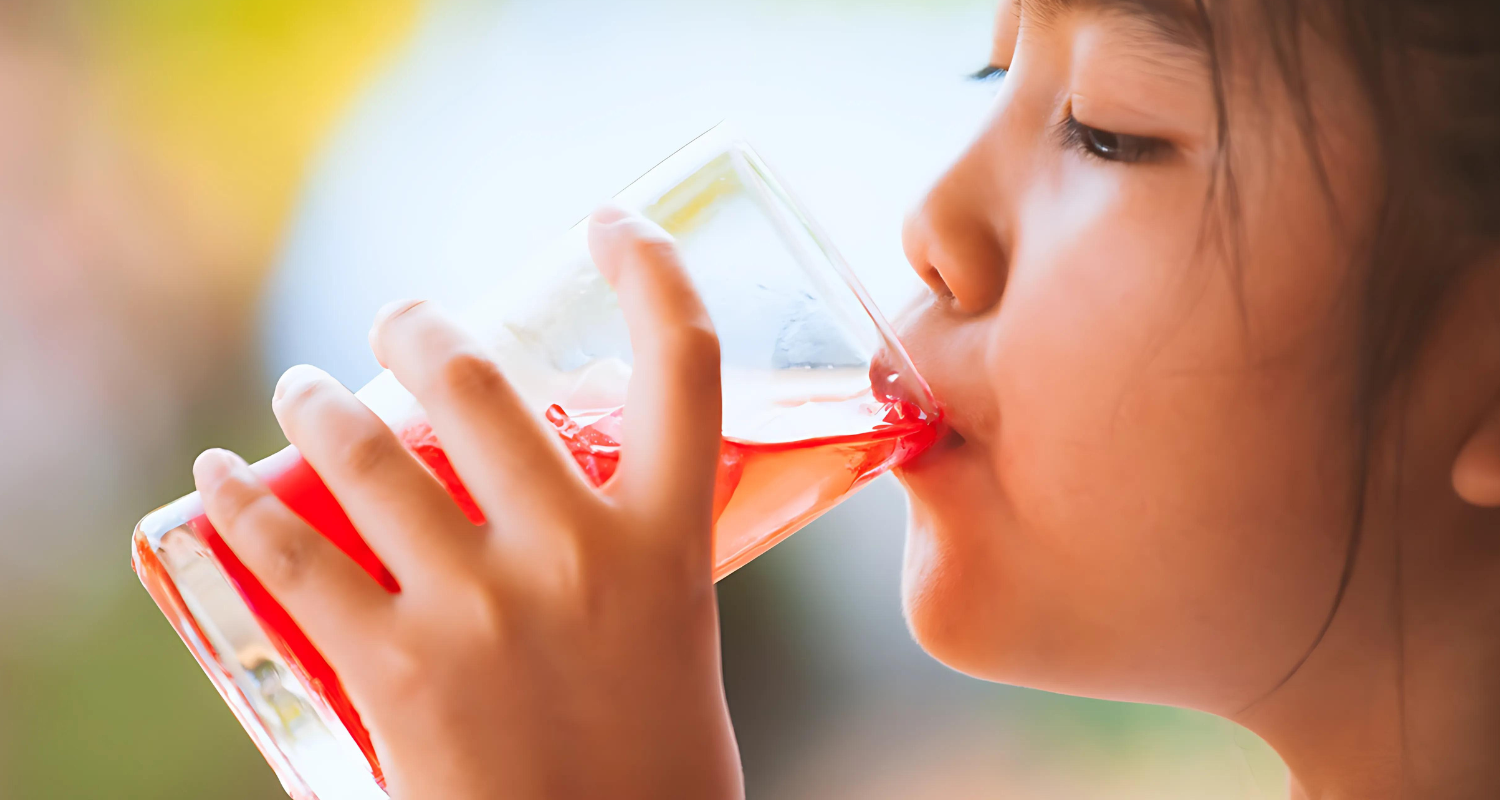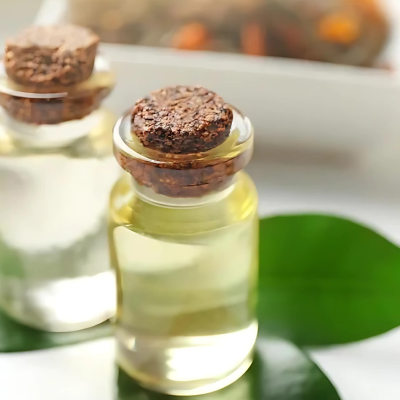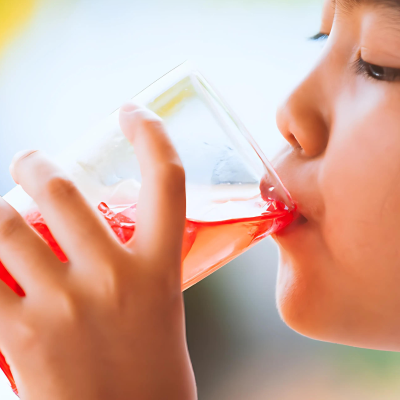Kombucha. It’s been hailed as the ancient elixir of health, the beverage that brings balance to your gut and a sparkle to your wellness journey. But as kombucha gains popularity among health-conscious adults, a question bubbles up: can kids drink kombucha?
Parents everywhere are wondering if this tangy, effervescent drink could provide the same benefits for their children, or if there are hidden dangers lurking behind its hip, fermented appeal. Today, we’ll explore the science, health benefits, and risks of giving kombucha to kids, answering the burning question: is this trendy drink safe for the youngest members of your family?
Kombucha 101: What’s In This Magical Elixir?
Before we dive into whether kombucha is suitable for children, let’s first understand what kombucha actually is. Kombucha is a fermented tea that’s been around for over 2,000 years, originating in Asia. It’s made by fermenting sweetened tea with a symbiotic culture of bacteria and yeast, also known as a SCOBY.
What Does Kombucha Contain?
The fermentation process gives kombucha its unique blend of flavors and nutrients, including:
Probiotics: These beneficial bacteria promote gut health.
Acids: Kombucha contains acetic, gluconic, and lactic acids, which are byproducts of fermentation.
B-Vitamins: These help with energy production and overall wellness.
A small amount of alcohol: During fermentation, a tiny amount of alcohol is produced, typically less than 0.5%, making it classified as a non-alcoholic drink.
Kombucha’s allure for adults often comes from its reputation for supporting digestion, boosting the immune system, and even aiding detoxification. But when it comes to kids, the same ingredients raise important questions.
The Big Question: Can Kids Drink Kombucha?
The answer to whether kids can drink kombucha is not a simple “yes” or “no.” Kombucha can be both beneficial and risky for children, depending on their age, health, and the type of kombucha. Here’s what you need to know:
1. The Alcohol Content: A Deal-Breaker for Some?
Even though kombucha is classified as non-alcoholic, the fermentation process produces trace amounts of alcohol. For most commercially produced kombuchas, this is well under the legal limit of 0.5% ABV (alcohol by volume), but for some parents, any amount of alcohol is concerning when it comes to their children.
While 0.5% may seem negligible—especially when compared to the alcohol content in beer or wine—children are more susceptible to the effects of alcohol due to their smaller body mass and still-developing bodies. It’s a key reason many health professionals recommend erring on the side of caution.
“Alcohol is alcohol, no matter the percentage. A child’s body processes it differently, and even small amounts may have unintended effects.”
2. The Probiotics Factor: Good or Bad for Kids?
Kombucha is loaded with probiotics, those friendly bacteria that help promote gut health. Adults love kombucha for this reason, but can the same be said for kids?
In children, probiotics can be beneficial for promoting healthy digestion and boosting immunity. In fact, many pediatricians recommend probiotic-rich foods for children, such as yogurt and kefir. However, not all probiotics are created equal, and the strains found in kombucha may not be the same as those found in other child-safe foods.
For very young children, introducing kombucha—an unpasteurized, fermented beverage—may introduce strains of bacteria their bodies aren’t ready for. This can lead to digestive issues such as bloating or upset stomach. For older children, especially those who’ve had probiotic-rich diets, kombucha may be better tolerated.
3. The Sugar Content: Hidden Concerns
One of kombucha’s not-so-secret ingredients is sugar. While much of it is consumed during fermentation, the final product still contains a noticeable amount of sugar—often between 2 to 8 grams per serving.
For children, whose daily sugar intake should be closely monitored, kombucha might add more sugar than you realize. Excess sugar can contribute to a range of health problems in children, including:
Tooth decay
Obesity
Increased risk of Type 2 diabetes
It’s crucial for parents to check the sugar content of the kombucha they’re considering. Some brands add more sugar after fermentation to enhance flavor, so not all kombuchas are created equal.
The Benefits of Kombucha for Kids: Is There a Silver Lining?
Despite the potential risks, there are some benefits to kombucha that may appeal to parents looking for a healthier alternative to sugary sodas or artificially flavored beverages.
1. A Healthier Alternative to Soda
Many parents are always on the hunt for healthy drink options that go beyond water or juice. For kids who love fizzy drinks, kombucha can serve as a healthier alternative to soda. It’s naturally carbonated and provides that same bubbly experience without the artificial ingredients and excessive sugar found in many soft drinks.
However, not all kombucha brands are equal when it comes to sugar content, so it’s essential to choose wisely.
2. Gut Health Support
For older kids, especially those who already have an established diet of probiotic-rich foods, kombucha can help maintain gut health. Probiotics found in kombucha can assist in digestion and help support a healthy immune system, much like yogurt or kefir.
3. Rich in Antioxidants
Kombucha, especially when made with green or black tea, contains antioxidants that can help combat free radicals in the body. Antioxidants are vital for fighting oxidative stress and supporting overall health.
While children may not need the same level of antioxidant support as adults, these compounds can still contribute to long-term health benefits.
The Risks: Why You Might Want to Wait
While kombucha has its benefits, there are a few notable risks that make many pediatricians recommend caution.
1. Risk of Contamination in Homemade Kombucha
Homemade kombucha is popular among health enthusiasts, but when it comes to kids, homemade versions pose a unique risk. Without the controls of commercial production, home brews can be contaminated with harmful bacteria or mold. These contaminants can be dangerous for children, whose immune systems may not be equipped to handle the pathogens.
2. The Impact of Acidity on Teeth
Kombucha’s tangy flavor comes from the acids produced during fermentation, including acetic and lactic acid. While these acids can have some health benefits, they’re also highly acidic, and regular consumption can erode tooth enamel over time. For kids, whose teeth are still developing, this is an important consideration.
3. Digestive Sensitivity
Kombucha’s probiotic content, while beneficial for gut health, can cause digestive discomfort in some children, especially those who have sensitive stomachs or are unaccustomed to fermented foods. Symptoms may include bloating, gas, or even diarrhea.
4. Caffeine Content
Because kombucha is made from tea, it contains a small amount of caffeine. While the levels are typically low, parents should be mindful of caffeine’s impact on children. Too much caffeine can cause:
Restlessness
Irritability
Sleep disturbances
If you’re concerned about caffeine, it’s essential to choose kombucha made from decaffeinated tea or low-caffeine varieties.
At What Age Can Kids Start Drinking Kombucha?
So, at what age is it safe for kids to start drinking kombucha?
1. For Kids Under 4: Best to Avoid
Children under 4 should avoid kombucha altogether. Their digestive systems are still developing, and the probiotics, alcohol, and acidity can pose more risks than benefits at this age.
2. For Kids 4 to 10: Proceed with Caution
For children between the ages of 4 and 10, kombucha should be introduced slowly, in small amounts, and under parental supervision. Stick to commercial brands that have been tested for safety, and avoid homemade versions.
At this age, it’s best to limit kombucha consumption to once or twice a week, and always check the sugar and alcohol content of the brand you choose.
3. For Kids 10 and Older: In Moderation
For older kids (10 and up), kombucha can be introduced more regularly, provided they enjoy the taste and don’t experience any digestive discomfort. At this age, their digestive systems are more mature, and they can tolerate the probiotics and trace amounts of alcohol better.
Still, moderation is key. One serving a day is a reasonable limit, and parents should monitor their child’s response to kombucha to ensure it’s a positive addition to their diet.
How to Choose the Right Kombucha for Kids
If you’ve decided to introduce kombucha into your child’s diet, here are some tips for choosing the best (and safest) options:
1. Opt for Low-Sugar Brands
As with any beverage, sugar content matters. Choose kombuchas with lower sugar levels, ideally 5 grams or less per serving. Some brands offer “unsweetened” or “low-sugar” versions that are better suited for kids.
2. Look for Pasteurized Kombucha
For children, it’s best to choose pasteurized kombucha. Pasteurization kills off any harmful bacteria while retaining the beneficial probiotics. This ensures that the drink is safe, especially for younger kids.
3. Choose Decaffeinated Varieties
For children sensitive to caffeine, seek out decaffeinated kombucha or
low-caffeine options made with herbal teas. This ensures they’re not getting an unwanted energy boost, especially late in the day.
Conclusion: Should You Let Your Kids Drink Kombucha?
In conclusion, the question of whether kids can drink kombucha isn’t one with a black-and-white answer. Kombucha offers potential benefits, such as supporting gut health and serving as a healthier alternative to soda. However, risks like alcohol content, sugar, and acidity make it important for parents to be cautious.
For children under 4, kombucha is best avoided. For older children, kombucha can be introduced in moderation, with careful attention to the type of kombucha you’re serving.
As with any dietary decision, it’s always wise to consult with your pediatrician before adding kombucha to your child’s diet. After all, a healthy gut starts with informed choices—and for kids, the right beverage choice is just one part of the puzzle.




